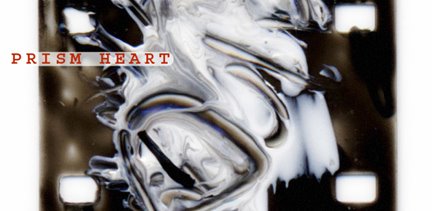When I was sixteen, almost seventeen, I staged my first act of protest. A new law had been brought into our school, and it felt unjust. So in the middle of the night, one of my classmates and I sneaked out with a stack of posters. We put them up on the side of the library in Plovdiv, hoping people would see them the next day.
It wasn’t violent. It wasn’t dangerous. It was simply words—our words—made visible. Instead of posting them on a wall online, we posted them on a wall in the city. That was protest. That was freedom. And this was in Bulgaria, a country only beginning to find its footing after communism.
We still had to sneak out to do it. It wasn’t without risk. But the point is: we did it, we spoke out, and we were not arrested or silenced. We could protest on the streets, too—and we did.
Looking back now, I feel fortunate. At sixteen, I had the right to protest. I had the right to say: I disagree.
And yet today, living in what is supposed to be the “free world,” I feel something is deeply broken. People are being arrested for protesting genocide. Entire groups of peaceful demonstrators are absurdly branded as “terrorists.” Actions that are symbolic, creative, and peaceful—putting up posters, painting a military aircraft, staging sit-ins—are treated as if they are violent crimes.
And it goes beyond the streets. Think of the flotilla that tried to bring aid across international waters—nappies, milk, food for children, nothing more. That too was a form of protest, a peaceful act of resistance, and yet it was met with force. How can bringing supplies to children be treated as a threat?
The same suppression is creeping into the digital space. If putting up posters at sixteen was my version of protest, then today’s young people use social media in the same way: sharing words, sharing truths, making injustices visible. But even that is under threat. Platforms like TikTok are being bought, regulated, and manipulated, their algorithms shaped to silence or bury certain voices. Protest itself is being policed—not only on the streets and at sea, but online, in the very spaces where people gather to speak out.
And this is what shocks me most: I am supposed to be living in the “free world,” in one of the most democratic societies on Earth. This is where liberty and human rights are meant to be protected above all else. And yet here, in the so-called beacon of democracy, people are silenced for speaking, arrested for marching, demonised for resisting. I can’t believe it. We are going backwards, not forwards.
What is going on?
We cannot call ourselves free if speaking up, peacefully and openly, is criminalised. We cannot call ourselves democratic if we regulate dissent out of existence. Protest is not terrorism. Protest is not violence. Protest is the heartbeat of freedom.
At sixteen, in Bulgaria, I could protest with nothing but a stack of posters and the nerve to sneak out at night. Now, in democracies that claim to be “free,” those same words—whether pasted on stone, carried across the sea, or typed on a screen—can get you silenced, arrested, or erased.
Please—wake up.
x

No comments:
Post a Comment
comments